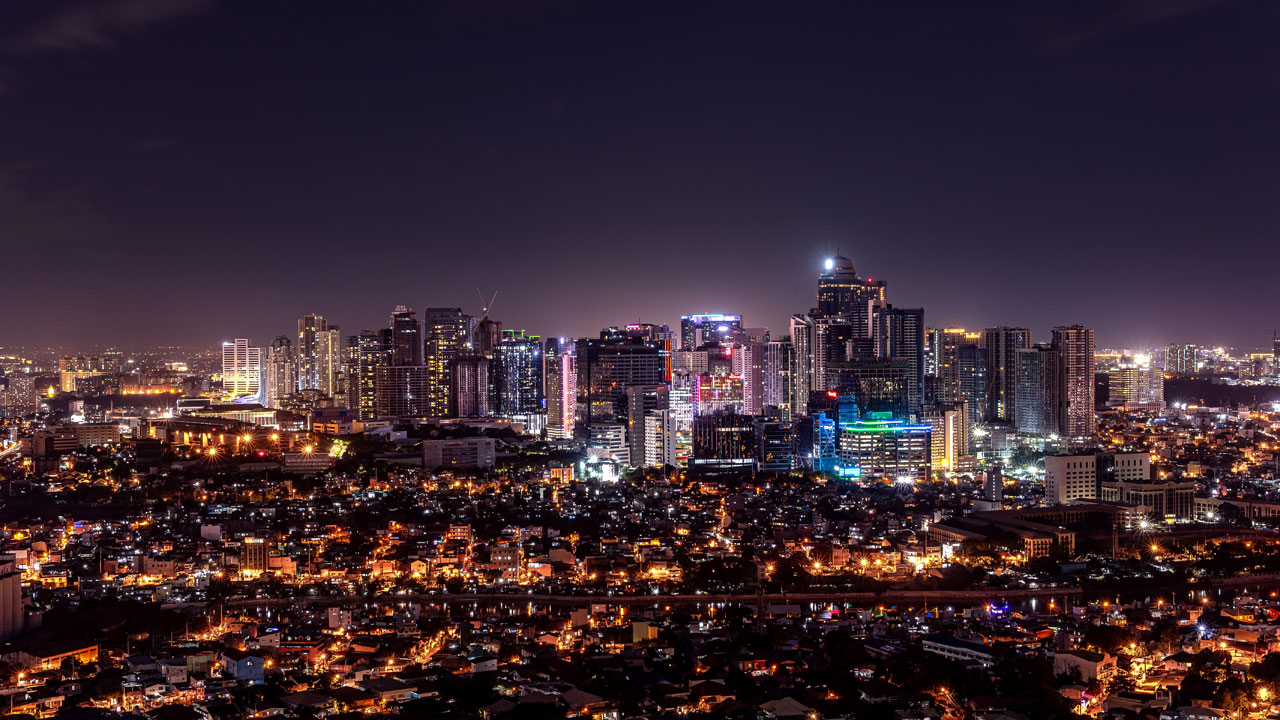
Introspective
By Romeo L. Bernardo

I take no delight in having been right and was unsurprised when the disappointing second quarter gross domestic product (Q2 GDP) annual growth number of 4.3% (from 6.1% in Q1) came out. Together with a few other private macro watchers like Anton Periquet (Chairman and CEO of AB Capital) and Philippine Institute for Development Studies (PIDS) Senior Fellow Margarita Debuque-Gonzales, we forecast a less optimistic growth of around 5% for this year, and over the medium term.
At a public forum in the UP School of Economics last week, honorable Professor Philip Medalla, unshackled by public office, was also less sanguine. Analysts who earlier were more optimistic hurriedly adjusted their forecast downwards by as much as one percentage point.
But not government.
Planning Secretary Arsi Balisacan — recently awarded Most Distinguished Alumnus by the UP Alumni Association (UPAA) — in a related lecture reaffirmed that their 6-7% is still achievable this year. Attributing the underperformance largely to government underspending, especially on capital outlays, he said that the government economic team — made up of himself, Finance Secretary Ben Diokno, and Department of Budget and Management Secretary Amenah Pangandaman — committed to do catch up spending for the second half.
I am vigorously rooting for the government to succeed in this.
I am also somewhat skeptical that this can be done speedily given the structural nature of the bottlenecks in government’s execution capacity. This impediment was underscored in a question that UPAA Lifetime Achievement awardee, engineer Rene Santiago, posed to Secretary Balisacan, noting the very low absorptive capacity of the Department of Transportation (at around 30% of disbursements) and the Department of Public Works and Highways (at 50%-60%). With inputs from him, Christine Tang and I identified the roadblocks for both (official development assistance/general appropriations act) ODA/GAA-financed and private-public partnership (PPP) projects which I excerpted in my column last April, “Infrastructure Anyone?” (https://www.bworldonline.com/opinion/2023/04/30/519979/infrastructure-anyone/).
These include: 1.) right of way delays; 2.) lack of a national inter-modal framework to serve as a basis for identifying, selecting, and prioritizing projects that will yield the highest economic returns for our archipelagic country; 3.) non-implementation of contracted user fees and charges; 4.) the problem that is the Department of Transportation and Communications (despite its having a very qualified and competent head, Secretary Jimmy Bautista); and, 5.) third-party challenges that hold up progress, from project preparation to award, especially for PPP.
While I would like to be optimistic that these can be overcome, it may be Panglossian to believe so, at least in the short run. Of course, government can choose to prioritize spending magnitude over quality, which may boost growth for 2023, but at high cost beyond.
THE MEDIUM TERM
Like Anton Periquet and Maggie Gonzales, we are also not optimistic that the Development Budget Coordination Committee’s forecast GDP growth of 6.5% to 8% for the balance of the administration’s term is likely, for several reasons.
First, there is the still depressed global growth due to several factors including the persistence of recession risks in the US, the war in Europe, and China’s reeling from a real estate bust, its poor COVID management, and the trade tensions with the US and its allies.
Then, consider that pre-pandemic, we were already at the peak of the credit cycle, largely due to long-running benign inflation and being “forever QE,” thus having both low interest rates and abundant capital (and with no way to go but to slow down).
Third, there are the adverse effects of COVID scarring, especially on the labor force (e.g., resistance to going back to the office, jobs mismatches) and a learning crisis.
Fourth, we have constrained fiscal resources and headroom, with public debt-to-GDP now at 60% from 40% pre-pandemic, and a highly elevated deficit-to-GDP of 7.3% in 2022, targeted to be pruned to 6.1% this year, and a primary budget deficit of 5.6% last year, targeted to go down to 3.6% this year.
Then there is the still high inflation as the continuing Ukraine-Russia war and the emerging El Niño phenomenon have an impact on food markets (e.g., India and Vietnam restricting rice exports), aggravating the decades-long hopelessly dysfunctional Department of Agriculture and Department of Agrarian Reform coupled with political resistance to agricultural imports from impacted sectors and rent seekers.
All this, together with still ongoing US Fed monetary tightening and the resulting elevated global and domestic interest rates, have a consequent negative impact on private investments and consumption. An emerging sustained “twin deficit scenario” (fiscal and foreign exchange) flagged by Prof. Medalla, also implies a likely wider interest rate premium on Philippine loans and securities.
Then there is the absence of any obvious new growth drivers to complement two old reliables, OFW remittances and BPO (business process outsourcing) earnings, whose future growth is challenged by an already high base compared to decades ago. Generative AI also poses a medium-term threat to BPO, especially for routine work, unless we can rapidly upskill our workers.
Finally, despite highly acclaimed roadshows by President Marcos Jr. and his economic team and prominent business leaders, there has been so far limited conversion to foreign direct investments — thanks to a miserable NAIA airport matched by a bureaucracy stuck in neutral. (Overheard from a foreign investor and tourist: “I won’t ever go back — spent more time at the airport than the beach.”)
Anton Periquet is even forecasting medium term growth of 4.5%, “a return to GMA era trajectory where foreign investment was absent and fiscal constraints prevailed.”
IMPACT ON FISCAL SUSTAINABILITY
A low medium term growth scenario, say of under 5%, has implications on fiscal sustainability. This can fuel a downward spiral of low revenues, high budget deficits, high interest rates, low public capex spending, thus even lower GDP, and potentially an expansive public debt-to-GDP ratio that makes us vulnerable to risks from financial shocks. Prof. Medalla even flagged the risk of a “perfect storm if perception of the Philippine government as a borrower were to go back to what it used to be.” This is well analyzed in a PIDS paper by Margarita Debuque-Gonzales, Justine Diokno-Sicat, et al (https://www.pids.gov.ph/publication/discussion-papers/fiscal-effects-of-the-covid-19-pandemic-assessing-public-debt-sustainability-in-the-philippines).
Thankfully, Secretary Diokno and his team are well aware of this, and are thus pushing for reforms that can tame spending and raise revenues, including: 1.) the reform of military pensions; 2.) tax measures such as new taxes on the digital economy and on junk food (though unpopular and regressive), and further reform of VAT to limit leakages; 3.) the privatization of government assets and operations, notably the big ticket Philippine Amusement and Gaming Corp. (better known as Pagcor); and, 4.) expenditure reforms including revisiting the expensive and flawed “free tuition in SUCs” (RA 10931), and streamlining of government bureaucracy.
These are all highly political. With resolve, strategic and skillful management leveraging of the President’s high approval rating, and with closer coordination with legislators via LEDAC (the Legislative-Executive Development Advisory Council), they are achievable. A column I wrote last month elaborates on some of these actions for the next 365 days. (https://www.bworldonline.com/opinion/2023/07/25/535716/marcos-2-0-year-2-to-dos/)
Romeo L. Bernardo is principal Philippine adviser to GlobalSource Partners (globalsourcepartners.com). He serves as a board director in leading companies in banking and financial services, energy, food and beverage, real estate, and others. He has had a 20-year run in the public sector, including stints in the Department of Finance (Undersecretary), the IMF, World Bank, and the ADB.
romeo.lopez.bernardo@gmail.com